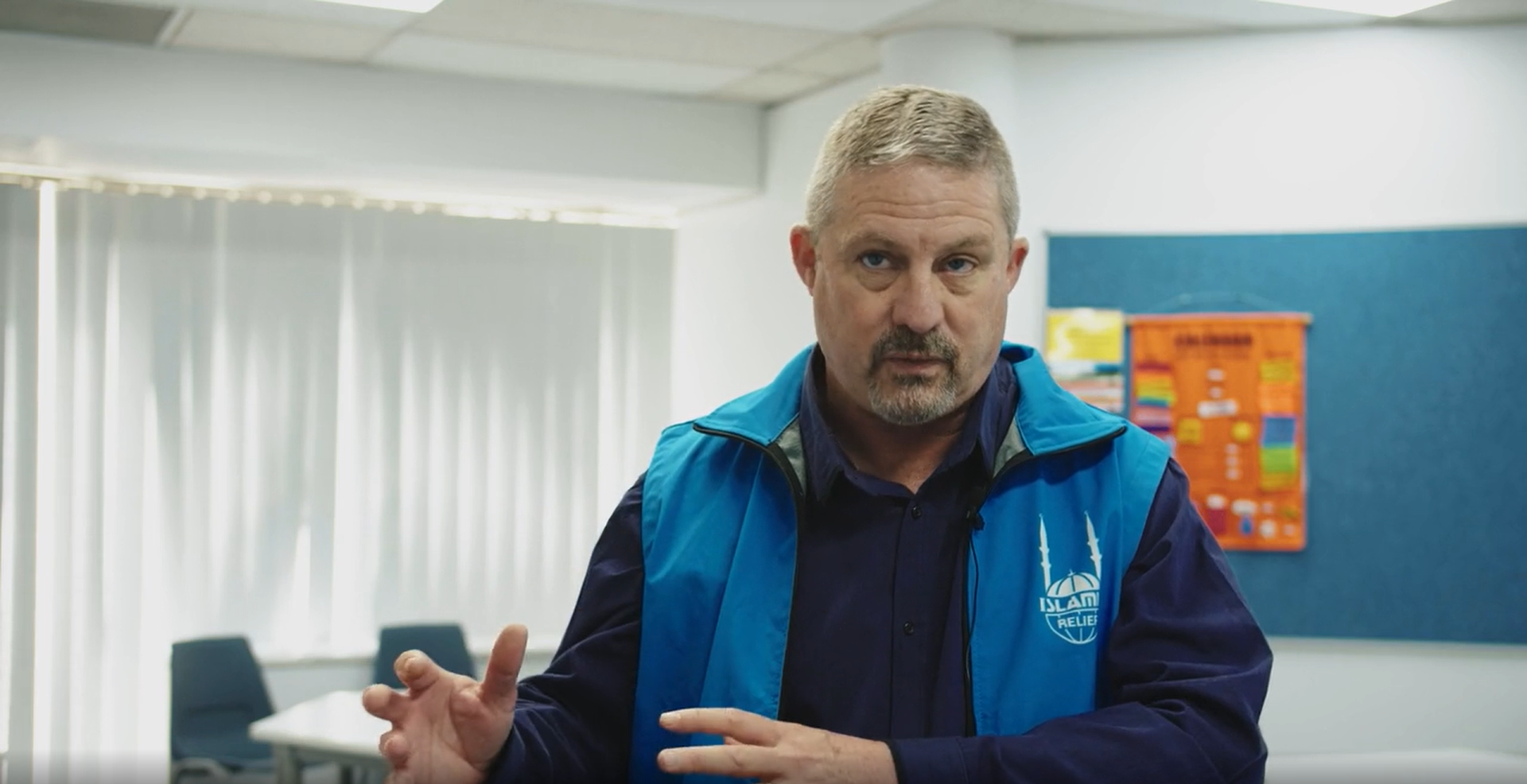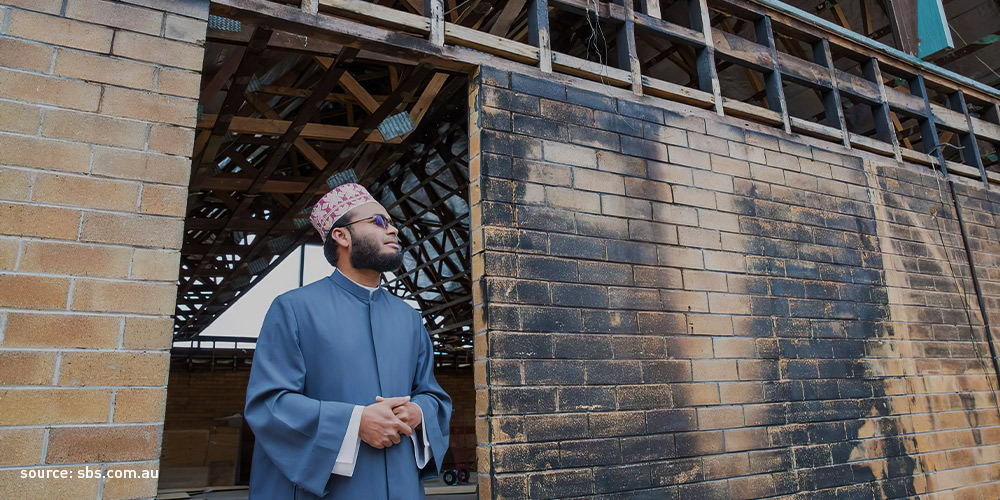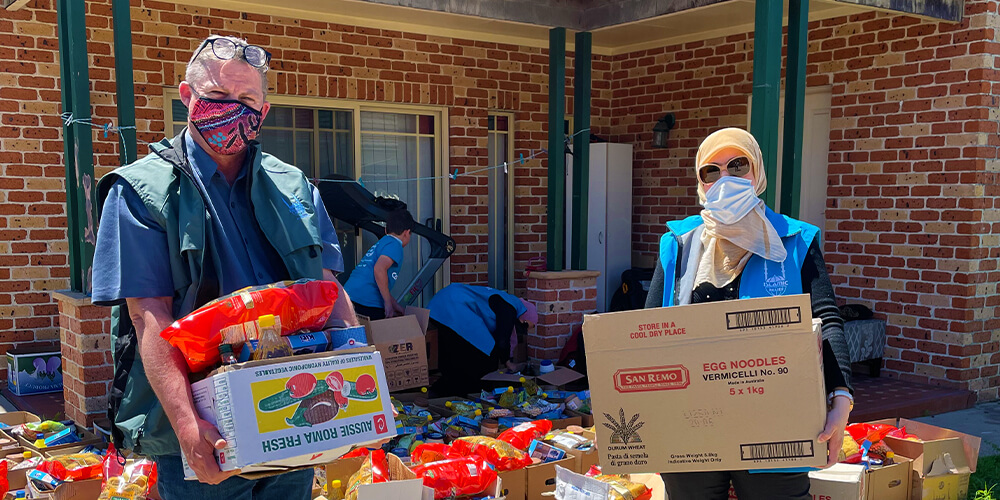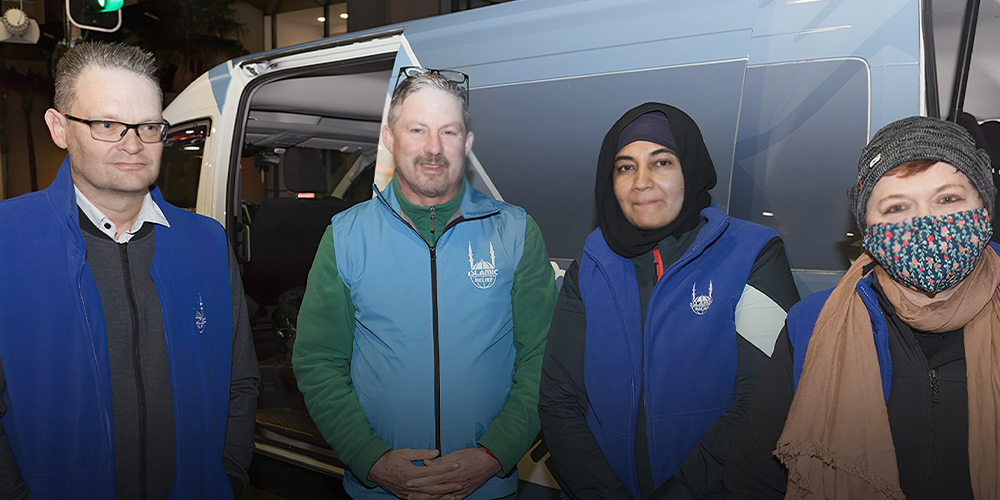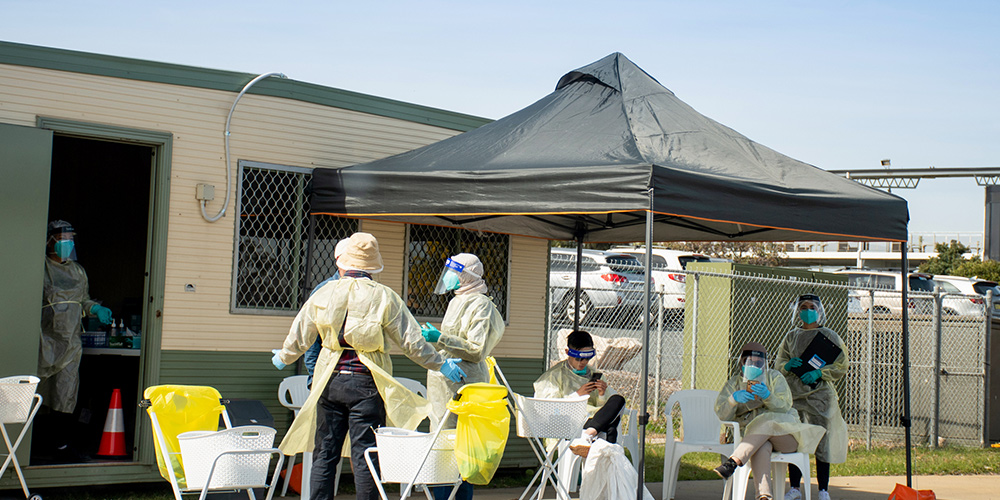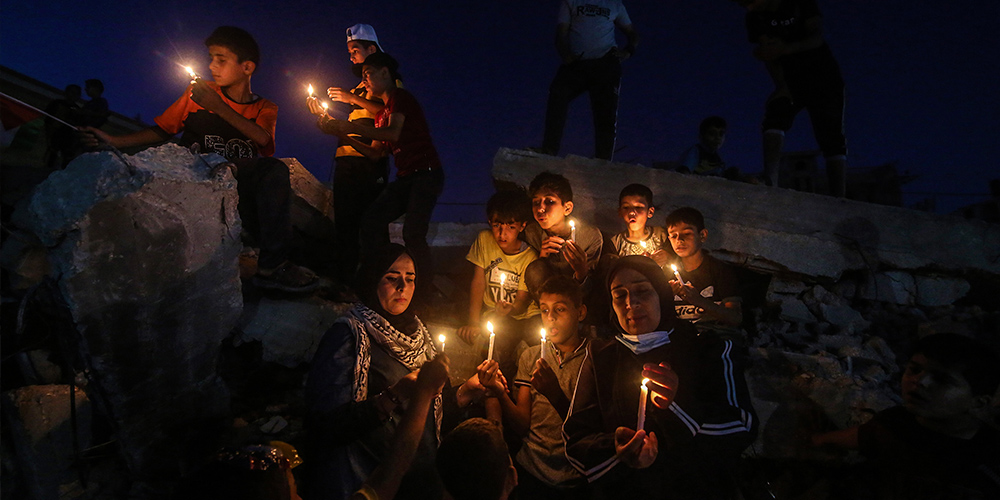
08.02.21
IN THE SPOTLIGHT: Supporting People in War Torn Gaza
“Whoever kills an innocent life it is as if he has killed all of humanity.”
Surat al-ma’idah 5:32 – Qur’an
Many years of protracted war, skirmishes have all but destroyed the economy and life in Gaza, but the latest violence and destruction has brought life to a standstill.
More than 254 people have lost their lives, among them 66 children and 38 women. Almost 2000 Palestinians have been injured, including 600 children and 400 women, significant numbers of them suffering from long term disability requiring rehabilitation, in the latest violence1.
More than 2,000 homes have been destroyed or severely damaged, and nearly 15,000 suffered some degree of damage. Shops, industrial units and offices have crumbled, rendering large scale unemployment. Access to supplies remains hugely challenging because of blockages, hampering the re-construction work.
Sewage systems, drinking water, educational facilities have been severely damaged. Power supply has been critically affected. Nine hospitals and 19 primary healthcare centres have collapsed. All this has severely undermined the living conditions and access to basic services. Of particular concern is Gaza’s health system, already overwhelmed by chronic drug shortages, inadequate equipment and the on-going COVID-19 pandemic, which is now struggling to meet the needs of those injured during the hostilities.
In the words of Muneeb Abu Ghazaleh, Islamic Relief Country Director working in Gaza, “It was so difficult and frustrating both as an individual trying to protect my family and a humanitarian worker to see the city crippled. We have never seen this scale of destruction.”
Distribution of Food Packs
Ten year old Amina* ran out of her home in the middle of the night. “As the bombings got closer my father decided we needed to leave our home. We barely managed to eat anything that night. My school certificates are all missing,” said the tearful 10 year old.
No other community or people have seen homelessness as the people of Palestine. The long years of war has seen them losing their homes, their families and their dignity. Over and over Palestinians have faced multitudes of losses and curtailed freedom. Gaza has been described as ‘the largest open-air jail in the world’. However, the reality is that life in Gaza often feels far worse than jail. Even those in jail have access to electricity, a continuous clean water supply and the right to receive visitors. These are basic needs which innocent people in Gaza lack.
The Islamic Relief team in Gaza were on the ground immediately in the aftermath of the bombing. As one of the first organisations on the ground, Islamic Relief was able to distribute urgent food packets and provide medical aid and supplies to those suffering. We were able to reach out to 100, 000 people.
The Cost of Rebuilding Gaza
As we now set out to build Gaza, newer challenges surmount us. For many in Gaza, the latest violence has been the last nail in their coffin. Wajid* is a vegetable vendor, who has seen his home destroyed the third time. “I lost my house in 2014 and it took me 3 years to build it. I put all my saving in it. As it is, I am barely able to feed my family. How can I build my house?” says the distraught father of 6.
Long wars, destroyed schools and homes have meant severe mental health impact, particularly on children and young people. “There are children, who have only grown up seeing violence and destruction, Is that normal or okay?” questions Salma*, who works as a volunteer with Islamic Relief in Gaza and was there to see the destruction unfold before her eyes.
Islamic Relief Australia stands with the people of Gaza in re-building their lives. We continue to work building hospitals and schools and water systems that will help people get back their lives. These systems are not built overnight, but through long prolonged work and persistence, surmounting political and geographical challenges.
The situation is particularly critical with a looming pandemic that has killed thousands. The escalation of violence, destroyed homes and people driven to shelters has meant increased risks of transmission. The damage to health care facilities such as the Hala Al Shawa has meant a disruption of vaccination drives and treatment for patients. Additionally, the COVID-19 diagnostic centres was heavily impacted by the bombardment, which made it difficult for people to move, and the damage to the Gaza public health laboratory has to stop its functioning.
Help Islamic Relief to deliver vital humanitarian aid in the Occupied Palestinian Territory.
Give to Gaza*Disclaimer: All names have been changed to protect the identity of individuals.

